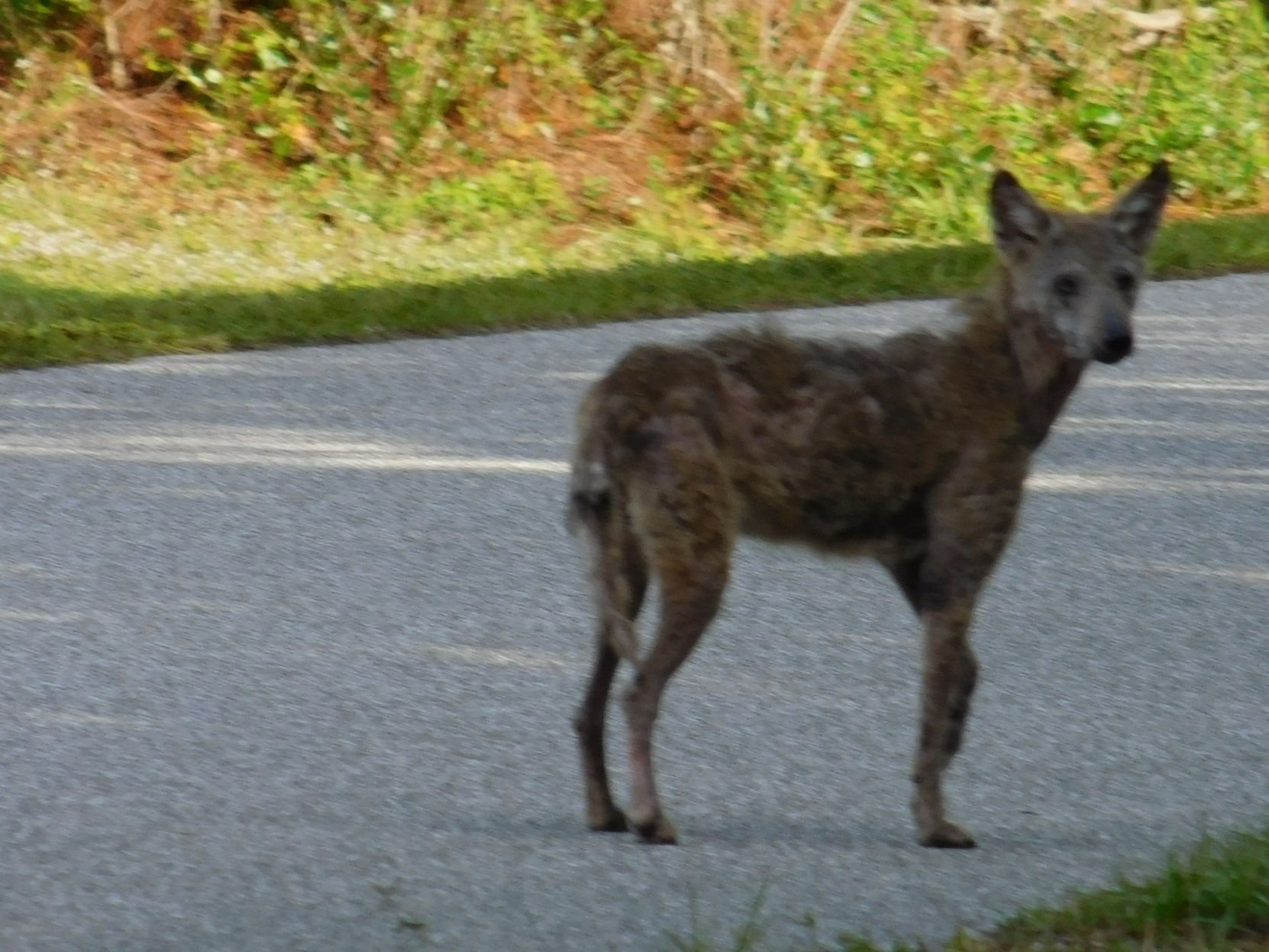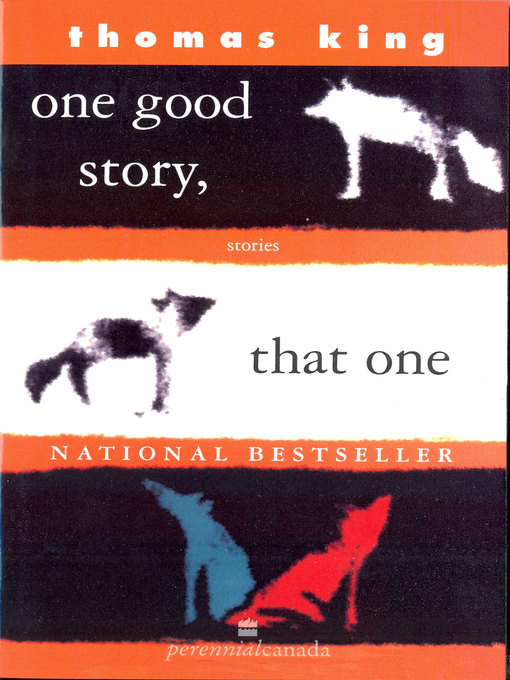

Author Thomas King, a writer of Cherokee, Greek and German ancestry, makes that resistance effective by engaging in the active recuperation and comic use of Native Americans’ endangered cultural heritage. While on the surface a heavily dialogical and tremendously funny novel, Green Grass, Running Water (1993) presents readers with one of those unlikely turnarounds in postcolonial history in which a human collectivity on the verge of extinction finds new ways to resist the colonizer’s epistemological and spiritual prerogatives.

Keywords: Broken English, Thomas King, postcolonial, anthropology, indigenous, aporia Can the indigenous groups practice the same exclusivity within the scope of a radicalized ‘english’ that they previously used to enjoy in their respective aboriginal dialects? I argue that broken English/‘english’ can play the role of mouthpiece for these communities, and become an even more efficient medium for carrying the testimony of violence than the almost-defunct indigenous tongues. The tussle between content and form creates an open-endedness, impeding every kind of presuppositions that facilitate a ‘smooth’ Western readership. Subsequently, I discuss the various features of King’s writings, such as maintaining gaps of silence, employing untranslated indigenous words and dealing with interchangeable dualities, which draws on Jacques Derrida’s concept of ‘aporia’. I trace King’s position amid two opposing tendencies – of retrieval of a ‘pure’ pre-colonial past with the aid of native languages by dissociating them from English, and of reaching out to the global audience with the medium of ‘english’. In that light, I study the involvement of anthropology as a discipline with questionable intentions that has romanticized and fossilized the live reality of the indigenous ‘Other’. King evinces that the Eurocentric value-additions have resulted in rampant vulgarization of a vast repertoire of indigenous customs, beliefs and idioms.

I explore the function of his hybridized broken English that opens up a dialogue between the ‘Self’ and the ‘Other’ in a postcolonial context. By emphasizing that the world we live in is a product of the stories that we tell one another, particularly the stories of those in positions of power, and of the physical environments and nonhuman beings who shape and intervene in those stories, King reaffirms the promise of democracy, even as he marks its limits.Ībstract My paper examines how Thomas King has tampered with the Received Standard English in his writings, while making the language bear the burden of his unique communal experiences and perspectives. I build on their insights to argue that the novel’s playfully open-ended and dialogic narrative structure can be read as an effort in green radical democracy. Its postmodern or trickster narrative form, in which multiple narrators, cyclical story lines, and historically significant puns bring the reader into active co-construction of the story, has been celebrated by a number of critics. King presents many forms of resistance to this violence and injustice, but most significant are the comic mode and structure of the novel itself. By embedding historical clues and multiple allusions in this all-too-contemporary scenario, King reveals how consistently an ethic of management and control has been applied to both indigenous peoples and indigenous ecologies throughout Canadian history, with grave consequences for all. As a mode of development that displaces the livelihoods of the socially marginalized to serve the interests of national elites and the global military-industrial complex, the dam is a symbol of the great social costs and injustices of modernity. Its fictional name, the Grand Baleen Dam, alludes to another infamous dam controversy in Canadian history: the Grand Baleine or Great Whale River to be dammed as the second phase of Hydro-Quebec’s massive hydroelectric development in the James Bay region.

Thomas King’s novel Green Grass, Running Water presents a prototypical tale of environmental injustice when a dam, loosely based on the Oldman River Dam near Lethbridge, Alberta, is built without consent on First Nations land to provide irrigation water for downstream farmers.


 0 kommentar(er)
0 kommentar(er)
